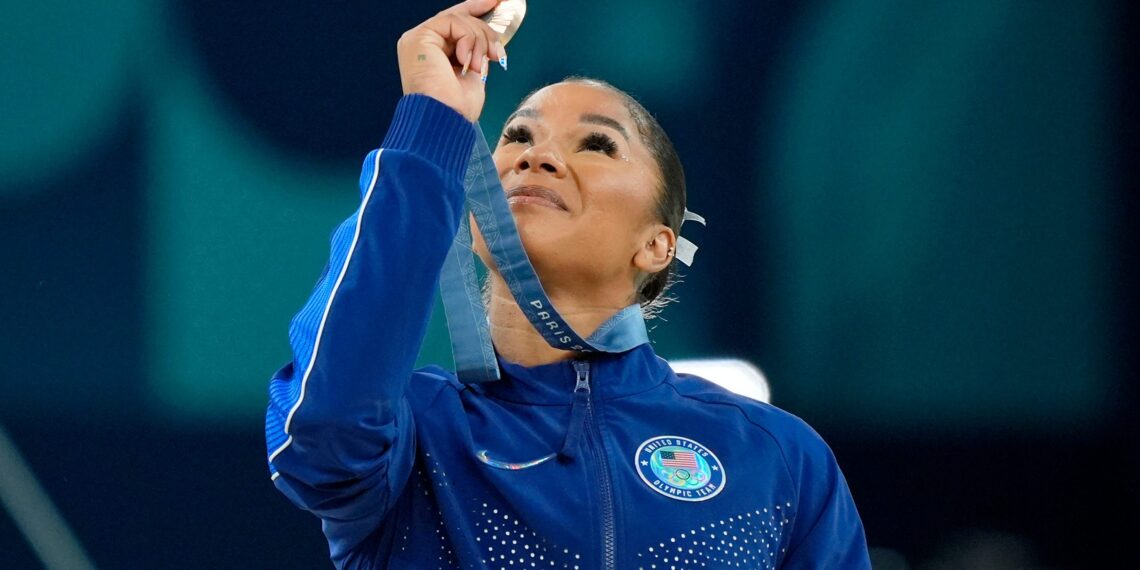USA Gymnastics has expressed deep disappointment following the Court of Arbitration for Sport’s decision regarding Jordan Chiles’ bronze medal in the floor exercise at the recent Paris Olympics. The controversy stems from an appeal process that initially allowed Chiles to secure third place, only for that decision to be challenged by the Romanian Gymnastics Federation.
Chiles was originally placed fifth, but her coach, Cecil Landi, successfully appealed her score, elevating her to the podium and bumping Romania’s Ana Bărbosu out of medal contention. However, Bărbosu and her federation contested the appeal, arguing that Landi submitted his inquiry seconds past the one-minute deadline following the publication of scores. The Court of Arbitration sided with Bărbosu, resulting in the International Olympic Committee ordering Chiles to return her bronze medal.
In response to the ruling, USA Gymnastics submitted what they described as “conclusive” evidence, including video footage, indicating that Landi’s appeal was made within the acceptable time frame of 47 seconds. Despite this, the Court of Arbitration informed USA Gymnastics that its rules do not permit reconsideration of an arbitral award, even in light of new evidence.
USA Gymnastics is now weighing its options for further appeal, potentially involving the Swiss Federal Tribunal, in hopes of achieving what they deem a fair resolution regarding Chiles’ scoring and medal placement. The governing body remains committed to advocating for Chiles and ensuring justice in this matter.
As this situation unfolds, it highlights the complexities of sports arbitration and the challenges athletes face in navigating the rules that govern their competitions. The case of Jordan Chiles serves as a reminder of the high stakes involved in Olympic sports and the critical importance of fairness and transparency in the scoring process.




























